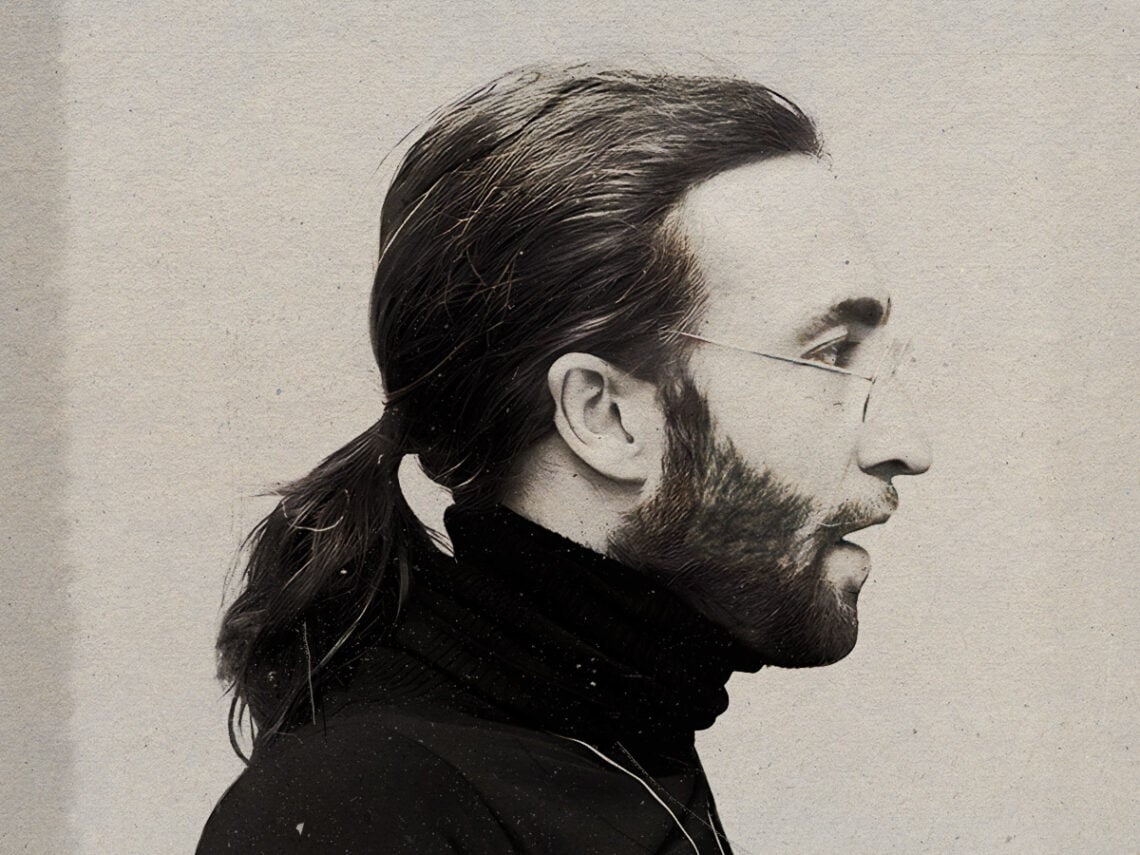“Mother, you had me / But I never had you,” John Lennon sings like a howl of pain, with so much emotion bubbling under the delivery. The argument that ‘Mother’ is his saddest song could simply start and end right here with that line. Within seconds, he shares the most devastating phrase imaginable as he attempts to capture the rejection of his mother’s love, his desperation for family, and the grief that makes it all the more tender.
This song was always bound to be a sad one because the story of Lennon and his mother is a sad one. Born to Julia and Alfred in 1940, it was never a smooth home life. His father disappeared for months, during which time Julia had moved on and kicked him out when he miraculously reappeared. Lennon captures that pain, too, as he sings, “Father, you left me / But I never left you / I needed you / You didn’t need me,” navigating the sense that he’d be abandoned by his father. But life with just his mother was equally as tumultuous.
There is one moment that made it all even more devastating. At only five years old, Lennon was asked by his parents to decide which one of them he wanted to stay with. His father was moving to New Zealand and wanted to take him. His mother tried to keep him at home. In between them, Lennon reportedly chose his father before seeing his mother walk away. He chased her down the street crying.
What a thing for a young boy to go through, to be forced to pick a side when either option meant losing the other. It’s a moment that clearly stuck in his head as the refrain of the song spirals around and around the trauma of that moment as Lennon repeats over and over, wailing, “Mama don’t go / Daddy come home.”
Eventually, the young boy was taken away from his mother and sent to live with his aunt Mimi. With his aunt and uncle, Lennon had a good life in a pleasant house with money to afford things like buying guitars. However, no amount of comfort and niceties could ever erase the upset of a youth who spent time feeling like neither of his parents wanted him around or cared for him enough to stay.
It keeps getting worse from then. When Lennon was 17, his mother died in a road accident. Pairing grief with his lifelong feelings of abandonment made both even worse. Lennon’s sentiments towards his mother, especially, were layers upon layers of trauma and tricky emotions that took him years to ever write about or grapple with. His first attempt in the form of ‘Julia’ could be a contender for one of the saddest songs as he admitted that his whole career and every song he’s written was all just an attempt to make her proud. “Half of what I say is meaningless / But I say it just to reach you, Julia,” he calls out to her.
But what makes ‘Mother’ undeniably the most devastating song in his catalogue isn’t even its lyrical content or the story. Both, obviously, are gutwrenching. Hearing a son sing “I wanted you / You didn’t want me” about his parents is enough to make even the toughest fall to tears. But it’s Lennon’s own thoughts towards the song that makes it even more tender and upsetting.
“Something nasty’s going on with that John Lennon.” That’s the reaction the musician expected to get when the public heard ‘Mother’. He believed that people would think it was monstrous or too much. He thought people would think it was bad. “Many, many people will not like ‘Mother’; it hurts them,” he said in 1970. “The first thing that happens to you when you get the album is you can’t take it. Everybody reacted exactly the same. They think, ‘fuck!’”.
That feels like the final cementing fact that makes ‘Mother’ his saddest work. Even at 30 years old, years into his career and with a full discography filled with a range of emotions, the thought of talking about his trauma and grief in relation to his mother was clearly still terrifying to Lennon. The fact he thought people would consider his pain “nasty” feels so isolating, as if he lived forever alone in his struggle as he attempted to grapple with these difficult memories and the impact they left.
The song alone is another to easily take the crown of his saddest work. But Lennon’s own worries about the revealing track make it all the more tender but all the more devastating.



